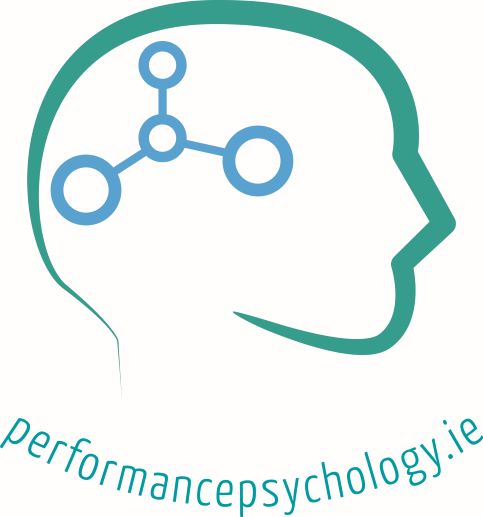FAQ
1. What can sport psychology do for individuals?
The type of sport psychology support required depends on the issues that are affecting an athlete's performance. Some athletes struggle with maintaining motivation for training and performance. Effective goal setting has been proven to address this. Others struggle to perform to their potential under the strain of competition for multitude of reasons. In this instance, an athlete may need help with relaxation and utilisation of some mental skills training to help adjust focus of attention. Click the services tab for more details on individual services and much more!
2. How many visits would I need
3. What can sport psychology do for teams?
The following are work-shops and types of support that can be provided within a team or group setting
(1) Team culture and Leadership Development
(2) Motivation & Goal setting
(3) Anxiety, Performance Stress & Attention Control
(4) Team Role Clarity
(5) Concentration and Mental Skills Training (visualisation / self-talk)
(6) Sports Task Specific Work-shop - free taking (GAA), rugby place kicking etc
(7) Coach Support - Leadership Development & Psychological Support
(8) Relaxation & Deep Breathing
(9) Injury and Rehabilitation
(10) Post Career Transition
Click services tab to get more information on what may be involved and how these work-shops can benefit your team.
How do I know if a sport psychologist is qualified?
Qualified providers will have completed an honours undergraduate degree in the area of physical education / sport science or psychology in addition to a masters degree (MSc) in the area of sport and exercise psychology from a reputable University. Qualified personnel will generally have a minimum of two years or 200 days experience and hold accreditation with one or more of the following organisations
- Irish Sport & Exercise Association / Sport Ireland Institute
- Psychological Society of Ireland (PSI)
- Chartered Association of Sport and Exercise Science (CASES)
- British Psychological Society (BPS)
However, there are numerous service providers offering quasi sport psychology services without the appropriate academic qualifications. These service providers often claim to be capable of transforming your team or athletes through various "Motivational", "Leadership", "Executive Coaching" and or "NLP" techniques.
As the nature of mental programming is both a physical and psychological science, use of such providers may be of little or no benefit to your athlete or team. Worryingly, in worst case scenarios, such practitioners may actually be doing harm to athletes by adjusting attentional focus in a wholly inappropriate direction to the detriment of athlete performance. In this regard, one is best off knowing that they are getting a quality service and we advise that you should only use qualified sport and performance psychology providers.
Keith Begley is a member of the Chartered Association of Sport and Exercise Sciences (CASES) and an Accredited Performance Psychology Consultant with the Irish Sport and Exercise Science Association ISESA.
